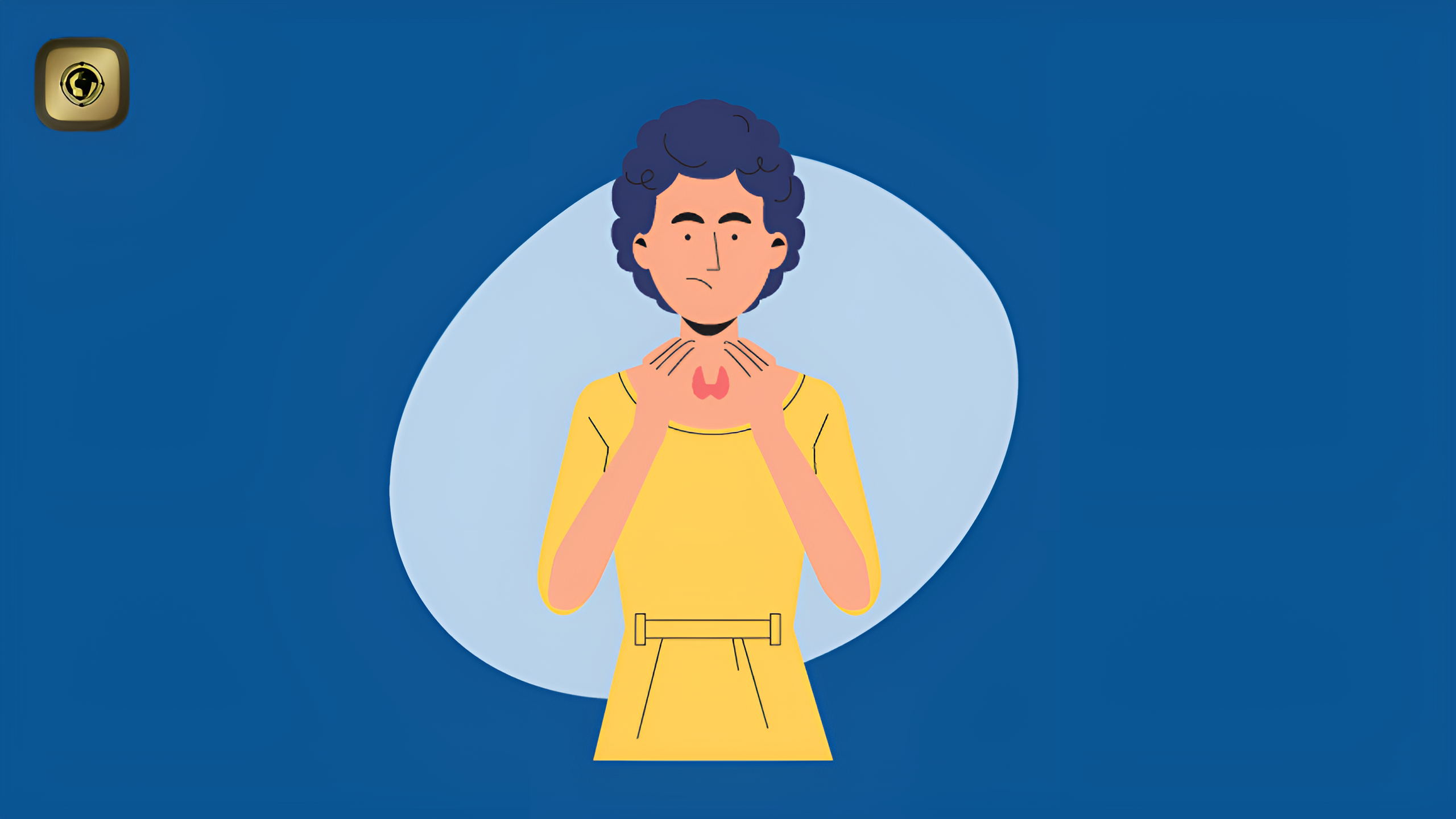March 26, 2025
Thyroid: Having thyroid in women is not a trivial thing, know its symptoms and home remedies.
- Thyroid is an autoimmune illness, indicating it is a condition linked to the immune system. It is a prevalent issue that may arise from an unhealthy lifestyle, inadequate diet, or hereditary factors. Nevertheless, it can also result in serious health complications and assist in the development of other diseases. Women are especially more susceptible to it, and the condition can be more challenging for them. Thus, prompt treatment of thyroid and improved health management are essential. Moreover, having adequate health insurance is extremely vital. In this article, we will explore the symptoms, causes, and some straightforward home remedies for thyroid. Discover how you can manage this issue.
What is Thyroid?
- The thyroid is a tiny gland situated in the neck. It produces hormones that control numerous functions within the body, such as body temperature, heart rate, and metabolism. When this gland does not operate correctly, abnormal thyroid hormone production occurs, resulting in hyperthyroidism or hypothyroidism.
Types of Thyroid Disorders:
- Hypothyroidism:
Hypothyroidism is a condition in which the thyroid gland fails to produce sufficient hormones. This decelerates various bodily functions. Symptoms of hypothyroidism consist of fatigue, weight gain, cold sensitivity, hair thinning, and irregular menstrual cycles. This condition is identified through blood tests and managed with medications. - Hyperthyroidism:
Hyperthyroidism is a condition wherein the thyroid gland generates an excess of hormone. This results in several alterations in the body, including a rapid heart rate, weight loss, anxiety, and difficulty sleeping. This issue is more frequently seen in women.
Major Symptoms of Thyroid Disorders:
- Fatigue and Weakness:
Persistent tiredness, weakness, and lethargy are prevalent symptoms of thyroid imbalance. - Weight Changes:
Thyroid imbalance can lead to either weight gain or loss. In hyperthyroidism, weight loss occurs, while in hypothyroidism, weight gain happens. - Mood Changes:
Irritability, depression, anxiety, and cognitive issues may arise due to thyroid problems.
Treatment Options for Thyroid Disorders:
- Medications:
In hypothyroidism, where the body is deficient in thyroid hormones, the medication levothyroxine is administered. It aids in restoring thyroid hormone levels in the body. For hyperthyroidism, treatments such as beta-blockers, antithyroid medications, or substantial doses of iodine may be utilized. - Radioactive Iodine Therapy:
In certain instances of hyperthyroidism, radioactive iodine is employed. This iodine destroys thyroid tissue, thereby reducing hormone production. - Surgery:
In extreme cases, it may be necessary to surgically remove a portion or all of the thyroid gland.
Home Remedies for Thyroid:
Various home remedies are recommended for thyroid issues, although their efficacy lacks scientific validation. These remedies primarily focus on relieving symptoms and enhancing overall health. Some common home remedies include:
- Diet: Include iodine-rich salt, iodine-fortified milk, foods abundant in vitamin D, selenium, zinc, and fiber-rich foods such as fruits, vegetables, and whole grains.
- Herbs: You may utilize Ayurvedic herbs like tulsi and Ayurvedic powders that assist in bolstering digestion and the immune system.
- Yoga and Exercise: Consistent yoga and physical activity can aid in alleviating stress and reducing thyroid symptoms.
How to Prevent Thyroid Disorders:
- Preventing thyroid disorders is not always feasible. Yet, by implementing certain lifestyle adjustments and precautions, you can lower the likelihood of thyroid complications:
- Healthy Diet: Incorporate foods that are rich in iodine (such as seaweed, salt) into your diet, as well as foods that are high in vitamin D, selenium, and zinc.
- Stress Management: Stress can exacerbate thyroid issues. Engage in yoga, meditation, and other techniques to relieve stress.
- Adequate Sleep: Achieving sufficient sleep aids the body in recovery and maintains overall health.
- Regular Exercise: Consistent physical activity helps keep the body fit and may alleviate thyroid symptoms.
Frequently Asked Questions:
- How is a thyroid test done?
A thyroid test is performed via a blood test to determine if your body possesses the appropriate levels of thyroid hormones. - Is thyroid disease more common in women?
Indeed, thyroid disease occurs more frequently in women compared to men. - Can thyroid cause weight gain?
Yes, hypothyroidism (which involves low levels of thyroid hormones) can lead to weight gain. - What diet is good for thyroid?
A diet that is abundant in iodine-rich foods like iodized salt and foods that are high in vitamin D and selenium is advantageous for thyroid health. - How long do thyroid symptoms last?
The duration of thyroid symptoms can vary among individuals and may persist for an extended period. - What should I eat if I have thyroid issues?
If you experience thyroid problems, consume iodine-rich foods, fruits, vegetables, and whole grains as advised by your physician.



Leave A Comment